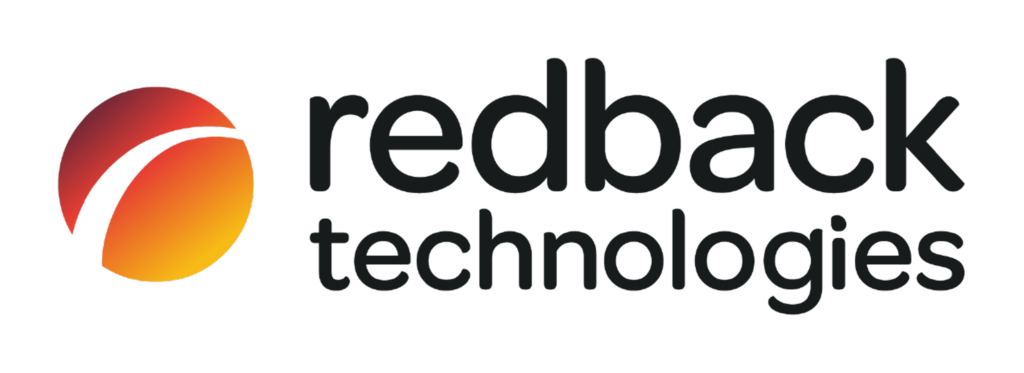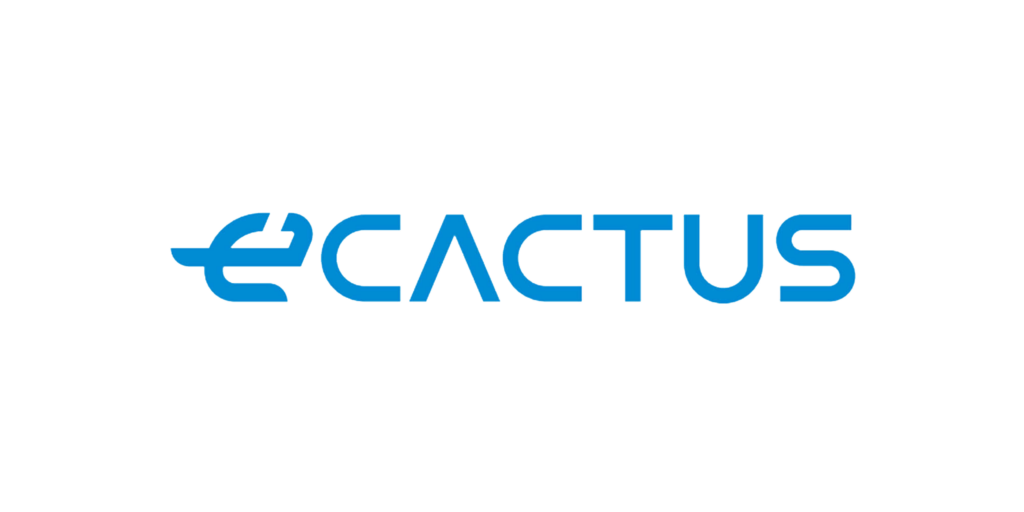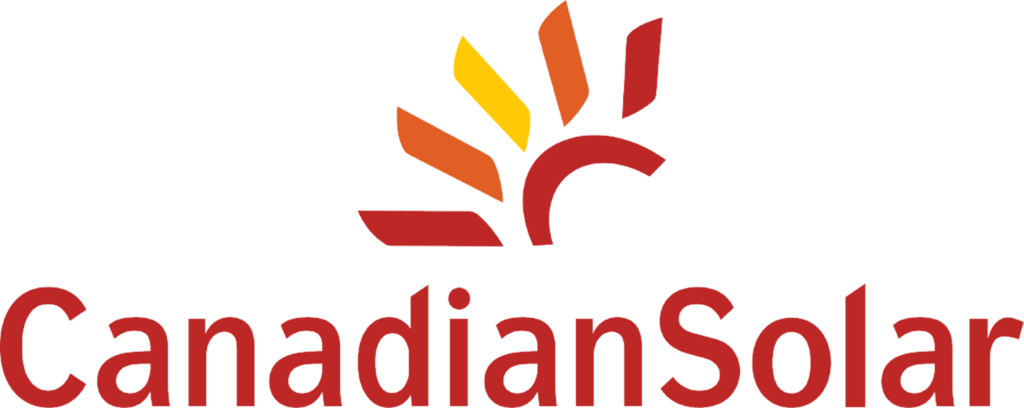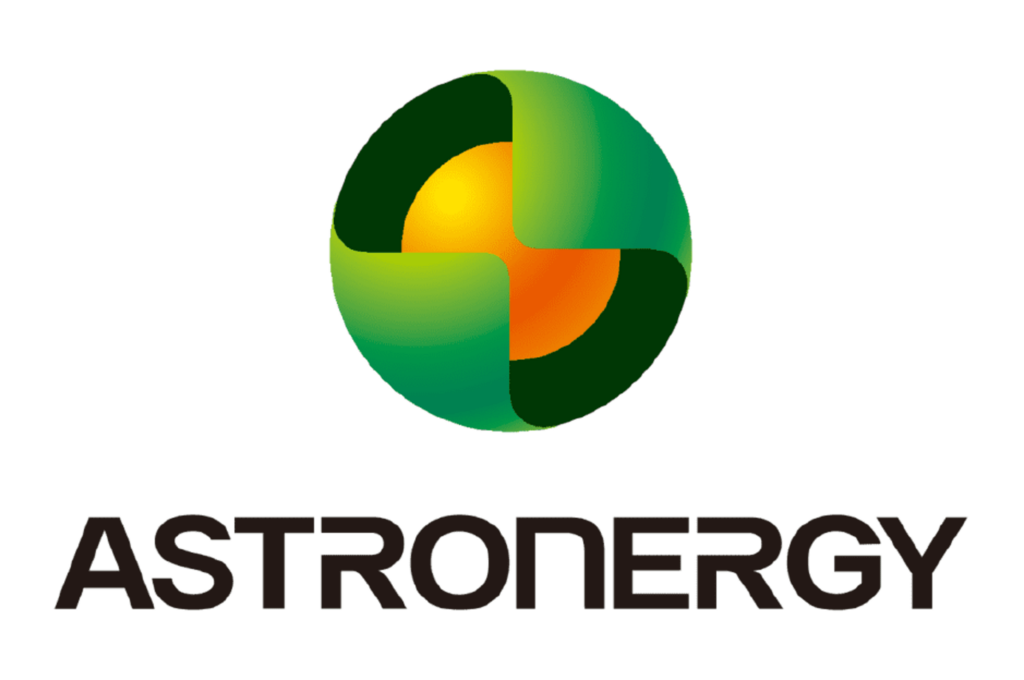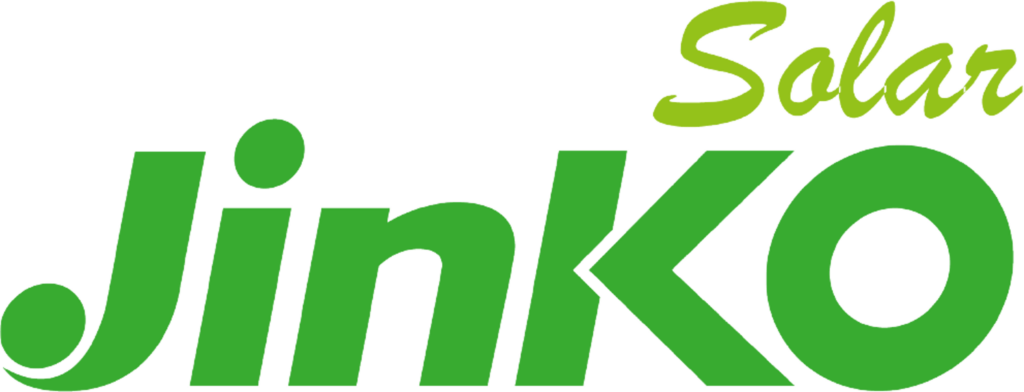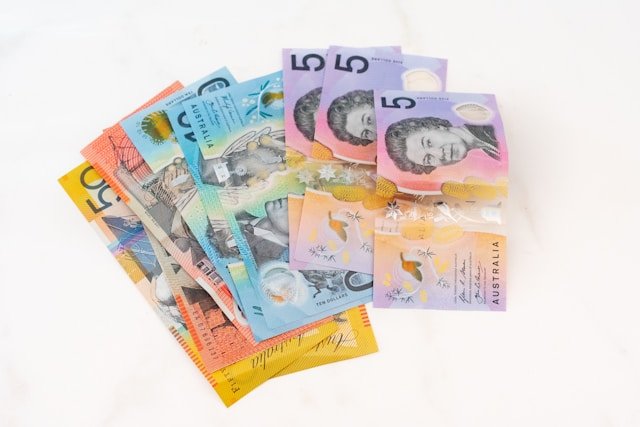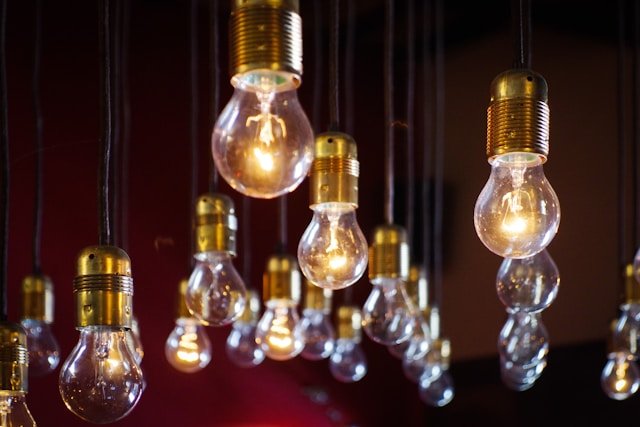Choosing the Perfect Solar Solution
for Your Residence
Our Solar Providers
Ditch the High Solar Bills
Compare, Switch, and Save at Your Convenience – No Agents, Just Savings!
Better Solar Deal, Less Stress: Find & switch in minutes, let us handle the hassle.
Little Less is your one-stop shop for finding a better deal on solar energy in Australia. We take the hassle out of comparison shopping, offering honest recommendations so you can switch with confidence. Little Less is the trusted expert to help you save money on your solar energy bills.


Feeling the pinch of high energy costs? Little Less can help!
Our solar energy experts make finding a better solar plan simple. We work with our trusted providers to get you better deals, so you can switch from your current provider with ease.
Ready for a better solar deal?
Take control and switch to a better solar energy deal with Little Less! Get the stability and flexibility you deserve. Call us today and see how we can help.
HELPING AUSTRALIANS SAVE ON UTILITIES AND BILLS
What our customers are saying about us
Maddy
Lucas C
Sharon

Why compare with us?
Our smart comparison technology is accurate, trusted, free, safe and secure
Trusted by Aussies
Since 2012 our smart comparison technology has helped over 6 million Aussies compare & search for savings.
Free to use
When you buy through us, our partners pay a commission, which keeps our service free for you. We don’t markup any of the prices on our website.
Safe & secure
We take data privacy and security seriously, and will only use your information with your permission. You can read our full privacy policy here.
Why compare with us?
Our smart comparison technology is trusted, free, safe and secure.
Frequently Asked Questions
How to Compare Different Solar Systems in Australia?
But that's not all. You can also complete the sign-up process and pay your deposit all within one platform, connecting you with the solar solution that best suits your needs in just minutes. Once everything is finalized and confirmed, all you need to do is select a date for installation.
Starting your solar comparison and connection journey with Little Less is simple:
1. Visit littleless.com.au and click on Solar.
2. Enter your address and provide a few details about the solar solution you're looking for.
3. Compare the various packages available in your area.
4. Choose the solar system that aligns with your needs.
5. Fill out our online application and pay a small deposit.
6. Receive a call within 48 hours from the selected installer to confirm your order and schedule an installation date.
Is Solar Power Worth the Investment?
In addition to the significant environmental benefits of solar power, there are also potential financial incentives. Solar energy offers consumers and businesses the opportunity to save on their utility bills in the long run. Every time you utilize solar power, you're using it in place of electricity from the grid, potentially reducing your quarterly bills from conventional energy providers. While the initial cost of installing solar panels can be substantial, the long-term savings more than compensate for it.
How Does a Solar PV System Work?
There are various solar packages available for Australian consumers, offered by a wide range of manufacturers, suppliers, and installers. Examples include:
String inverter systems typically connect one inverter to no more than two arrays (or 'strings') of solar panels on the roof. These systems are generally considered less expensive and easier to install, although they may experience greater power loss or inefficiency in cases of shading or extreme heat. Modern string inverters offer advanced features such as Hybrid and Grid Tied options, with many models equipped with Wi-Fi connectivity and various features to suit different needs.
Micro inverter systems involve smaller inverters, individually mounted to each solar panel to optimize energy output and system performance. With micro inverters, if one panel is heavily shaded, the system can adjust to maximize production from the remaining panels – a feature not available in string inverter setups. However, these packages are typically slightly more expensive than other options.
Who Offers the Best Solar Energy Products in Australia?
Can Solar Power be Used During a Blackout?
Are Solar Batteries Worth It?
In the short term, the financial benefits of a solar battery may be less certain due to the upfront cost and lengthy return on investment (ROI). Furthermore, the price and capacity of different batteries can vary significantly in Australia. Household energy consumption, relevant state tariffs, and grid feed-in limits can also impact the ROI.
However, the case for investing in a battery becomes more compelling over the long term – depending on the type of battery product you select. Recent research suggests that certain solar batteries may recoup their costs before the end of their warranty period in specific states (as of August 2023).
Is My Roof Big Enough or Suitable for a Solar System?
Additionally, the aspect and pitch of your roof also influence the efficiency of a solar system. Generally, solar panels perform best when they face north or northwest.
Can You Recycle Solar Panels?
What Size Solar System Do I Need to Power My Home?
To determine the most suitable solar system size, it's essential to review your electricity bills and understand your average energy consumption throughout different seasons and times of the day. The more insight you have into your energy habits, the better equipped you'll be to evaluate which solar setup aligns with your needs. If your current energy consumption is high, a larger solar system may be more appropriate.
Does a Solar Panel Convert Heat into Electricity?
Can I Dispose of My Solar Panels in Landfill?
Do I Need to Clean My Solar Panels?
While you can attempt to clean the panels yourself, there are risks involved, as they are often located high up and difficult to access. It may require specialized equipment or professional assistance. There are professional solar panel cleaning services available in Australia that can help with this essential maintenance.
TALK TO US
Our consultants are here to help

They’re trained on the hard stuff, so you don’t have to be.
Whether it’s your health insurance, NBN plan or your energy, speak to one of our trained consultants and get outstanding customer service when you compare from our range of providers and products.*









